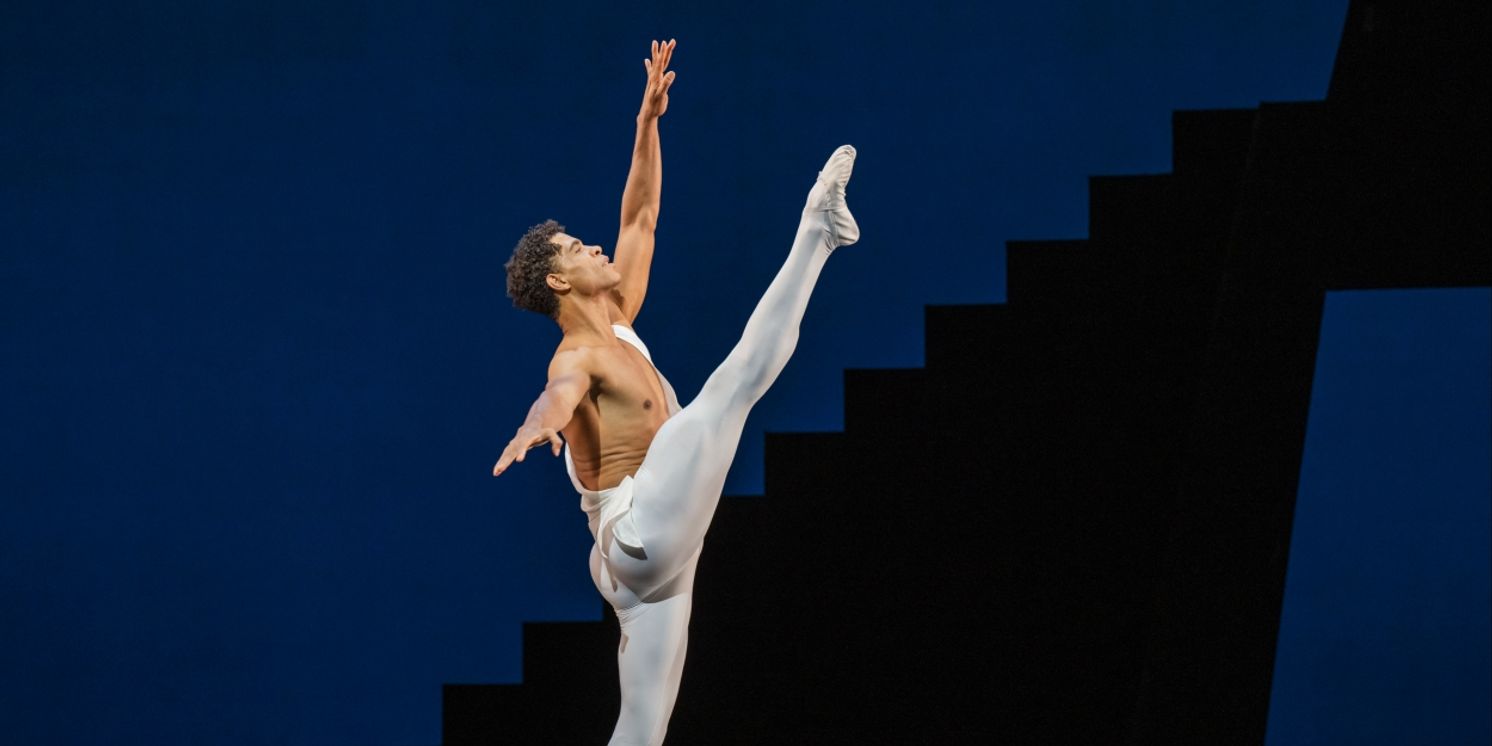Review: CARLOS AT 50, Royal Opera House
The evening defines Acosta as the Benjamin Button of the dance world.

![]() How do mere mortals celebrate their 50th birthday? By having a midlife crisis? Not dance royalty Carlos Acosta, who seems to literally turn back time by making a return to the stage as a dancer - having retired from performing in 2016 - in Carlos at 50 at the Royal Opera House (with five, basically sold out performances), his old stomping ground.
How do mere mortals celebrate their 50th birthday? By having a midlife crisis? Not dance royalty Carlos Acosta, who seems to literally turn back time by making a return to the stage as a dancer - having retired from performing in 2016 - in Carlos at 50 at the Royal Opera House (with five, basically sold out performances), his old stomping ground.
His latest home is Birmingham as Director of Birmingham Royal Ballet since 2020, and this isn't where his current CV stops. Acosta is also General Director to Acosta Danza which he set-up in 2016, and the Founder/Chairman of the Acosta Dance Foundation which houses all manner of programmes and centres, and seems to be only ever expanding. (BroadwayWorld reported yesterday on the launch of The Acosta Dance School in London).
Does he sleep one wonders? And where did he find the time to get performance ready for Carlos at 50?
And boy is he ready. If you didn't know you wouldn't believe the fact he's 50 and retired from the stage seven years ago. George Balanchine's Apollo is a brilliant work to open the programme with, as wherever you see it, it acts as a palate cleanser. Acosta's Apollo is both playful and exact, and very well supported by his three muses Marianela Nuñez, Céline Gittens and Lucy Waine. Nuñez evoking ballerina status throughout, and Gittens offering some real NYC style physicality. Acosta looks overjoyed to be back home at the curtain calls, and rightly so.
The second section is on the long side. It's a love affair between Acosta, Nuñez and the audience. They dance the Act 2, White Swan pas de deux from Swan Lake, and the Bedroom pas de deux from Kenneth MacMillan's Manon together. Swan Lake was painfully slow, but shows off Acosta's brilliant partnering skills which Nuñez's emotive Odette clearly revels in. Manon is also a pretty special moment. The pair never got to dance the work together during their mutual time at the Royal Ballet, and the evident chemistry and simultaneous abandon suggests what could've been.
There was also a highly proficient Le Corsaire pas de deux by Yonah Acosta and Laurretta Summerscales. Carlos' nephew shows the family trait of ease in elevation and turn, with Summerscales reaffirming what London audiences are missing out on since she left English National Ballet for Munich some time ago. Elsewhere Birmingham Royal Ballet's Yaoqian Shang is stunning in Ben Stevenson's dated End of Time pas de deux, and Brandon Lawrence, in teeny-weeny pants, is the epitome of physical and technical elegance in Valery Panov's melodramatic Liebestod.
The third, and final part of the evening highlights the pros and cons of the entire programme. Cons: Acosta isn't the best of choreographers, and also makes the odd blip when choosing repertoire. Mermaid by Sidi Larbi Cherkaoui is a bizarre turn, and mostly shows Laura Rodríguez, of Acosta Danza, in trauma; this is initially uncomfortable and then a little boring. Acosta's The Dying Swans confirms certain works should be left well alone, and Tocororo (like Carmen in the previous section) communicates his choreographic talent is primarily in the predictable and generic category.
In terms of the pros: the evening defines Acosta as the Benjamin Button of the dance world. It reconfirms he's still hugely adored by his punters, and alludes to the fact some people never truly leave the stage, even when they have.
Carlos at 50 is at the Royal Opera House until 30 July
Photo Credit: Tristram Kenton
Reader Reviews
Videos

